SPH ED STAFF LINKS
St. Paul’s Hospital Emergency Department The Continuous Pursuit of Excellence in Patient Care and Academic Emergency Medicine
Welcome to St Paul’s Hospital Emergency Department
Open 24 hours a day, 7 days a week, including holidays.
St Paul’s Hospital
1081 Burrard St.
Vancouver, BC, Canada
604-682-2344
When should I come to the Emergency Department (ED)?
An emergency could be described as any illness or injury that you consider serious enough to require immediate or timely attention.
When possible, contact your family doctor before coming to the ED.
Where do I go first?
When you arrive in the ED, you will go to the Emergency Patient Check In area where an emergency triage nurse will speak to you to determine what your needs may be. It is the job of the triage nurse to quickly assess your illness or injury and then decide which area of the ED will be best suited to care for you.
Please have your Health Care Card (Personal Health Number) and picture identification ready for the triage nurse and the registration clerk.
Personal Behaviour
We expect everyone will be responsible for their own actions at all times while in the ED. We expect that staff and patients will be respectful to one another.
WE DO NOT TOLERATE ANY INAPPROPRIATE OR VIOLENT BEHAVIOUR
What Happens Next
Patients who are able will be directed to register with the admitting department on each visit. You amy be first asked to wait in the waiting room and a registration clerk will then call your name.
In the ED the most serious illnesses or injuries are dealt with immediately – treatment is not based soley on the time of your arrival in the ED.
For your own safety…
- Let your nurse know, at all times, where you are.
- If you leave the waiting room, let the triage nurse know where you are.
- You are responsible for your personal property while on hospital property.
DO NOT EAT OR DRINK ANYTHING UNLESS YOUR NURSE TELLS YOU THAT IT IS OKAY.
Emergency Care
An emergency nurse is usuallythe first person to check or assess you right after Triage. We ask you some questions and check your vital signs. Vital signs include your blood pressure, pulse, breathing rate, temperature and oxygen saturation.
An emergency physician will then examine you to determine what course of treatment an investigation you may require.
Be sure to tell the nurse or doctor if you have any allergies and if you are currently taking or using any medication. This can include prescription medication (including puffers), over-the-counter medications, herbal remedies, and even vitamins.
You may be referred to other members of the health care team. For example x-ray technicians, lab technicians, or physicians from services other than the ED.
If you feel that you need to talk to someone about personal worries or concerns, please speak to your nurse or physician. We have both social workers and pastoral care workers available to talk to as well. As St Paul’s Hospital we ask each of our patients if domestic violence is and issue in their lives. This does not indicate that we suspect it might be, it is simply a question we ask everyone.
We encourage you and your family to participate in your investigation and treatment decisions.
What services are available to me if English is not my first language?
You or your nurse or physician may request to have an interpreter available during any interview. You may have a familymember present to assist you or we can arrange an interpreter service for you.
I’ve been discharged – what next?
Make sure you:
- Understand your treatment
- Know whenyou need to see a doctor again, and ask for written instructions if necessary
- Have the medicines or prescriptions you need
- Understand how to take any medicines that we have directed you to take
- Have all your valuables with you
A summary of your emergency visit is sent to your family doctor. If you are from out of town, or out of country, ask about a letter for your local doctor.
Smoking
There is NO SMOKING anywhere on hospital property. If you wish to smoke you must go outside the building and be at least 6 meters from any entrance or air intake.
Is this a workplace injury?
Any injury that happens while you are at work must be reported to WorkSafe BC. If you do not report that information, you will be responsible for any costs for your medical care. A WorkSafe Billing Information pamphlet is available in the ED if you require more information about this. Please report that your injury or illness is workplace related while at triage ro during registration.
What if I don’t have insurance? What if I am from out of the country/province?
Providence Health Care is obligated to collect fees for medical treatment provided to both uninsured residents of Canada and non-residents. Further details on the fees are provided in the Fees for Medical Treatment of Non-residents adn Uninsured Residents pamphlet, which can be found by the Emergency Admitting Desk and in pamphlet holders throughout the ED.

